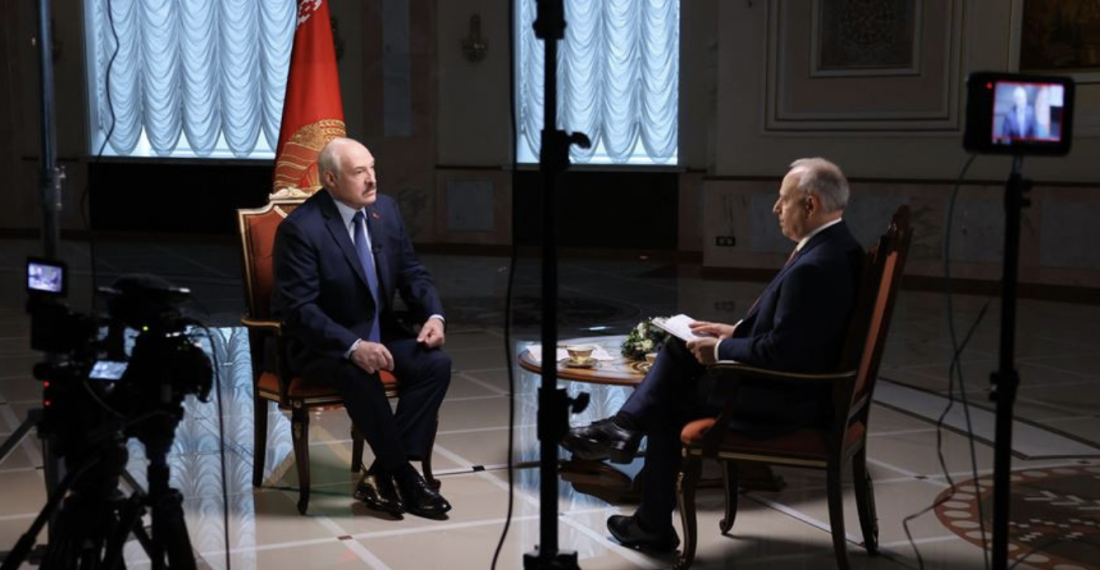In an exclusive interview with the British broadcaster BBC, the president of Belarus, Aleksandr Lukashenko, said that it is "absolutely possible" that his forces helped migrants and asylum seekers to cross the border into Poland. However, in the interview the president denied that his regime deliberately brought in foreign migrants to put pressure on the European Union.
In recent months, thousands of migrants and asylum seekers, mainly from the Middle East, have tried to enter the EU via Belarus. They are stopped at the border with EU member state Poland, where tensions are growing. European countries accuse Lukashenko's regime of conducting a migrant crisis in retaliation for European sanctions.
Lukashenko did not contradict the BBC that his troops were helping the migrants. "We're Slavs. We have hearts. Our troops know the migrants are going to Germany … Maybe someone helped them", Lukashenko told the BBC. "But I didn't invite them here", he said.
The president also made it clear that he will not let the migrants and asylum seekers be stopped for the time being. "They're not coming to my country, they're going to yours", he told the BBC journalist. "But I didn't invite them here. And to be honest, I don't want them to go through Belarus".
Lukashenko's main opponent, opposition leader Svetlana Tikhanovskaya, said she was not pleased with the BBC interview. She thought that the British broadcaster gave the president a platform to spread "lies and propaganda".






